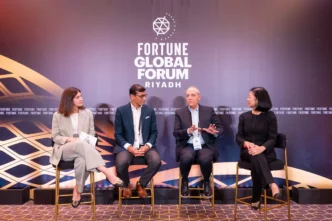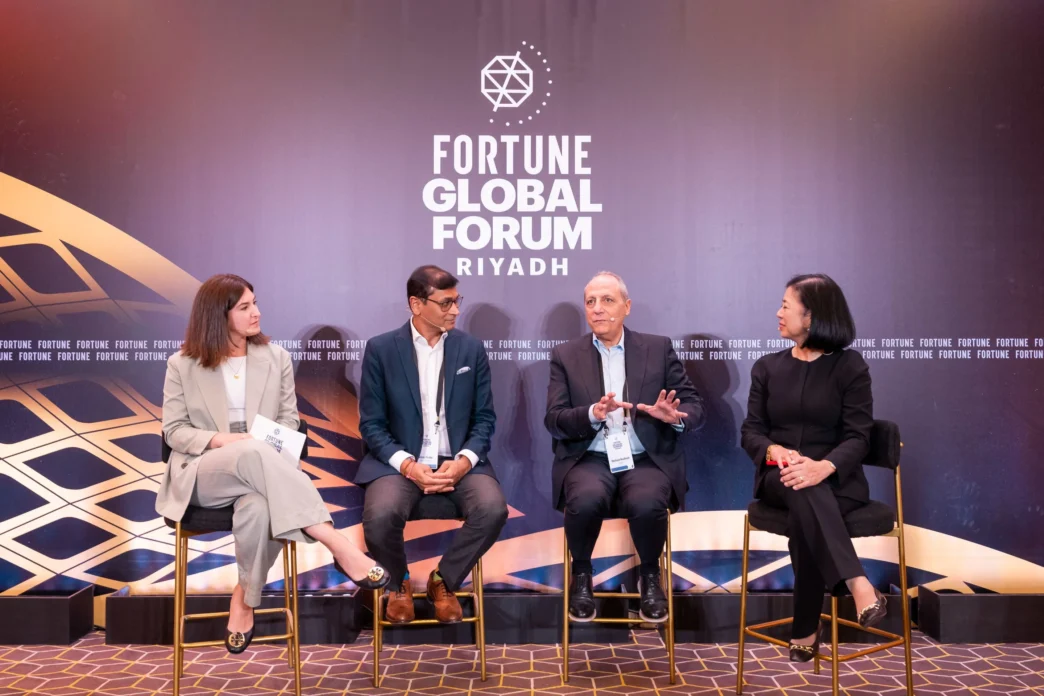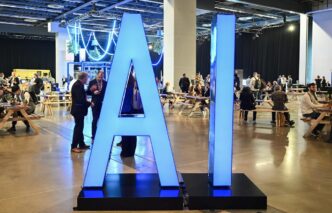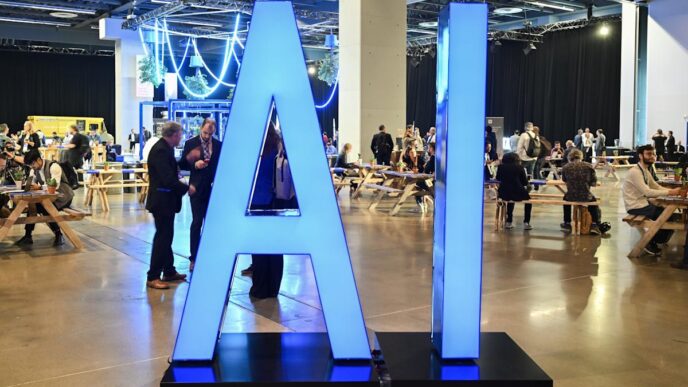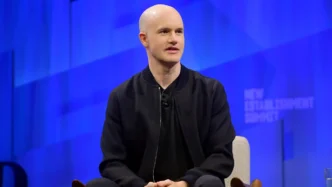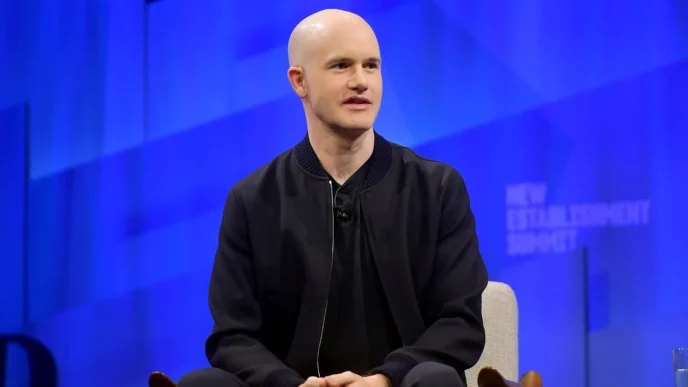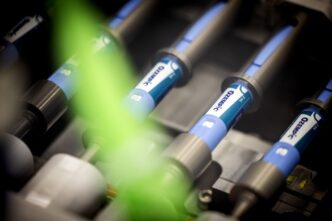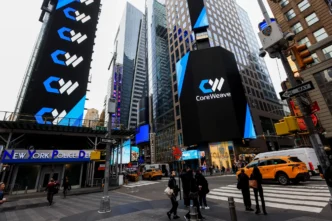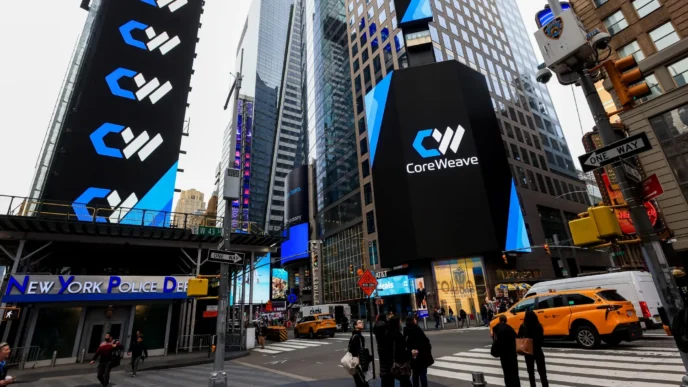Artificial intelligence is no longer the future — it’s the present, and it’s moving faster than most organizations can keep up. Experts across industries are warning that AI has officially entered its post-hype era, where experimentation is being replaced by large-scale implementation — and companies that fail to adapt could find themselves left behind.
The message from business leaders, technologists, and economists is clear: AI is not a trend; it’s a transformation. After years of inflated promises and abstract discussions, artificial intelligence has matured into a core operational technologythat’s reshaping the fundamentals of how companies work, hire, and compete.
“AI is way beyond the hype phase,” says Dr. Elaine Porter, a digital transformation strategist based in London. “We’re no longer talking about potential — we’re talking about productivity, profitability, and survival. Every company now has to ask: do we have the right people and the right skills for this era?”
Indeed, as organizations integrate machine learning and generative AI tools into daily workflows, many are discovering that the greatest challenge isn’t the technology itself — it’s the workforce. While automation is boosting efficiency, it’s also exposing widespread skills gaps across industries.
The New Skills Divide
The global labor market is undergoing a quiet revolution. Jobs that once required routine analytical or administrative skills are being redefined or replaced by AI-driven systems. Meanwhile, entirely new roles — from AI operations managers to prompt engineers and ethics officers — are emerging almost overnight.
According to data from the World Economic Forum, nearly 44% of workers worldwide will require reskilling within the next five years due to the pace of technological change. However, fewer than half of companies currently have structured reskilling programs in place.
“Businesses are automating faster than they’re retraining,” says Rajesh Malhotra, a labor economist at the University of Singapore. “The result is a widening gap between technological capability and human adaptability.”
This mismatch is already visible in the corporate world. While tech giants like Microsoft, Amazon, and Google have invested billions in AI-driven innovation, small and mid-sized businesses often struggle to integrate these tools meaningfully. Many firms implement AI tools — for analytics, marketing, or customer support — but fail to train employees to use them effectively.
“It’s not enough to buy the software,” Malhotra says. “You need to transform your culture, your processes, and your people.”
The End of the “Hype Cycle”
For years, artificial intelligence was treated as a buzzword — an aspirational concept used in boardrooms to attract investors and signal innovation. But the reality of 2025 is far more tangible. From automated supply chain managementto AI-generated marketing campaigns and predictive maintenance systems, the technology is now delivering measurable business outcomes.
Companies are reporting double-digit productivity gains from automation and data-driven decision-making. In sectors such as finance, healthcare, and manufacturing, AI adoption has led to cost savings, faster innovation cycles, and improved accuracy in forecasting.
“The AI revolution is already inside every major workflow,” says Sarah Klein, Chief Data Officer at a global consulting firm. “The hype is over — now it’s about execution.”
But execution comes at a cost. Organizations that fail to prepare for this new operational reality risk being displaced by more agile competitors who use AI to scale faster and operate leaner. Klein adds, “We’re seeing the same dynamic that played out during the early internet era — only this time, the pace of change is exponential.”
The Reskilling Imperative
As AI continues to evolve, the human-AI partnership is becoming the foundation of modern business. The challenge, experts say, is ensuring that humans remain empowered participants — not passive bystanders — in this transformation.
This requires a massive reskilling effort. Training employees to use AI tools effectively involves not only technical proficiency but also a shift in mindset. Workers must learn how to collaborate with algorithms, interpret AI-generated insights, and apply human judgment where automation falls short.
Forward-thinking companies are already leading the way. For instance, global banks are retraining financial analysts in AI-assisted risk modeling, while law firms are teaching junior lawyers to use machine learning tools for document review. Manufacturing companies are retraining technicians to maintain and troubleshoot AI-driven robotics systems.
“Reskilling is not optional anymore — it’s existential,” says Porter. “If you don’t train your workforce to work with AI, you’re effectively training them for redundancy.”
The Cultural Challenge
Beyond technical training, there’s also a cultural challenge. Many employees view AI with skepticism or fear, associating it with job losses rather than opportunity. Experts say that businesses must focus on communication and inclusion, ensuring that workers understand how AI enhances rather than replaces their value.
Companies that succeed in this area often position AI as a collaborative assistant, freeing employees from repetitive tasks so they can focus on strategy, creativity, and decision-making. Studies show that when workers feel empowered by AI — rather than threatened — productivity and morale rise sharply.
“The real transformation isn’t technological; it’s psychological,” says Malhotra. “You have to convince people that working with machines doesn’t make them less human — it makes them more capable.”
What Comes Next
As AI moves deeper into core business functions, leaders face an urgent strategic choice: evolve or fall behind. Governments and universities are also stepping in, developing national reskilling initiatives and AI literacy programs aimed at preparing the next generation for a machine-assisted economy.
But experts warn that time is short. The pace of AI advancement means that companies waiting for “the right moment” to invest in workforce development will soon find that moment has passed.
“The window for preparation is closing,” Klein says. “In five years, we’ll look back and see two kinds of companies — those that adapted early and those that didn’t survive.”
In many ways, this marks the true beginning of the AI economy — a world where success depends not on who builds the smartest algorithm, but on who builds the most adaptable workforce.
As Dr. Porter summarizes: “We’ve already entered the new reality. AI is no longer coming — it’s here. The only question is whether we’re ready to work with it.”

